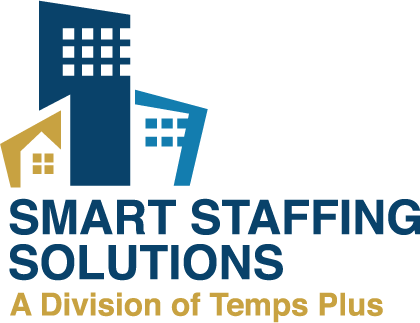In an interview, you are the authority figure and representative of the company, so getting asked a question you don’t know how to answer can be frustrating. It can lead to embarrassment for you and decreased confidence in your company for the candidate.
An interview is not only a time for you to evaluate candidates, but it is also an opportunity for them to form an opinion about the company. A negative interview experience could deter a strong candidate from moving forward with a job offer. In fact, 83% of subjects in a LinkedIn study said that a negative interview experience can change their opinion of a company. So, a positive interaction, including being able to answer hard questions, is very important.
Being prepared in advance will allow you to answer the interviewee’s questions effectively – even if they are tough.
First, it is important to remember that a candidate asking questions that might catch you off guards isn’t a bad thing. It means that they are inquisitive, and have likely done their research.
Some hard questions might revolve around the following topics:
- Asking why the job is open, or why the last employee left.
- Questions about challenges they might face in the role.
- Inquiring about what you don’t like about working at the company.
- Presenting negative reviews they found online on sites like Glassdoor.
Anticipate Tough Questions
Brainstorming questions candidates might ask can give you a chance to practice your answers. The more prepared you are, the more natural your responses will sound, putting the interviewee at ease.
For example, candidates sometimes ask what you like about working at the company, but they also might ask what you don’t like. It is okay to answer this question, and to be genuine. However, make sure you add how the company has addressed what you see as a problem. You should also keep your answer short, and not let it turn into a venting session.
Sometimes it is even helpful to roleplay your answers with a colleague. This will help ensure that you sound confident and natural in your responses.
Answer Honestly
You can decline to answer a question, but that would lead to distrust. It is always okay to answer questions honestly. Again, it is important to give short, to the point, answers. For example, if they ask why the last person left the job, give as few details as possible, and then shift to what the expectations are in the role going forward.
Be Accurate
In line with being honest, you should also be accurate in your answers. If you don’t know the answer to a question, the best answer is, “you know, that is a good question. Let me do some research and I will follow up with you when I get an accurate answer.” Admitting you don’t know is better than making up answers that you might have to account for later.
While it is important to prepare for the tough questions, It is equally important to have answers for common questions. These might include when you will choose a candidate and when they should expect to hear about the next steps. Spending too much time preparing for hard questions, and failing to know the answers to common ones, can also lead the candidate to question yours and your company’s competency.
Sources:
LinkedIn. Global Talent Trends Report | Business LinkedIn. Accessed July 13, 2022.

